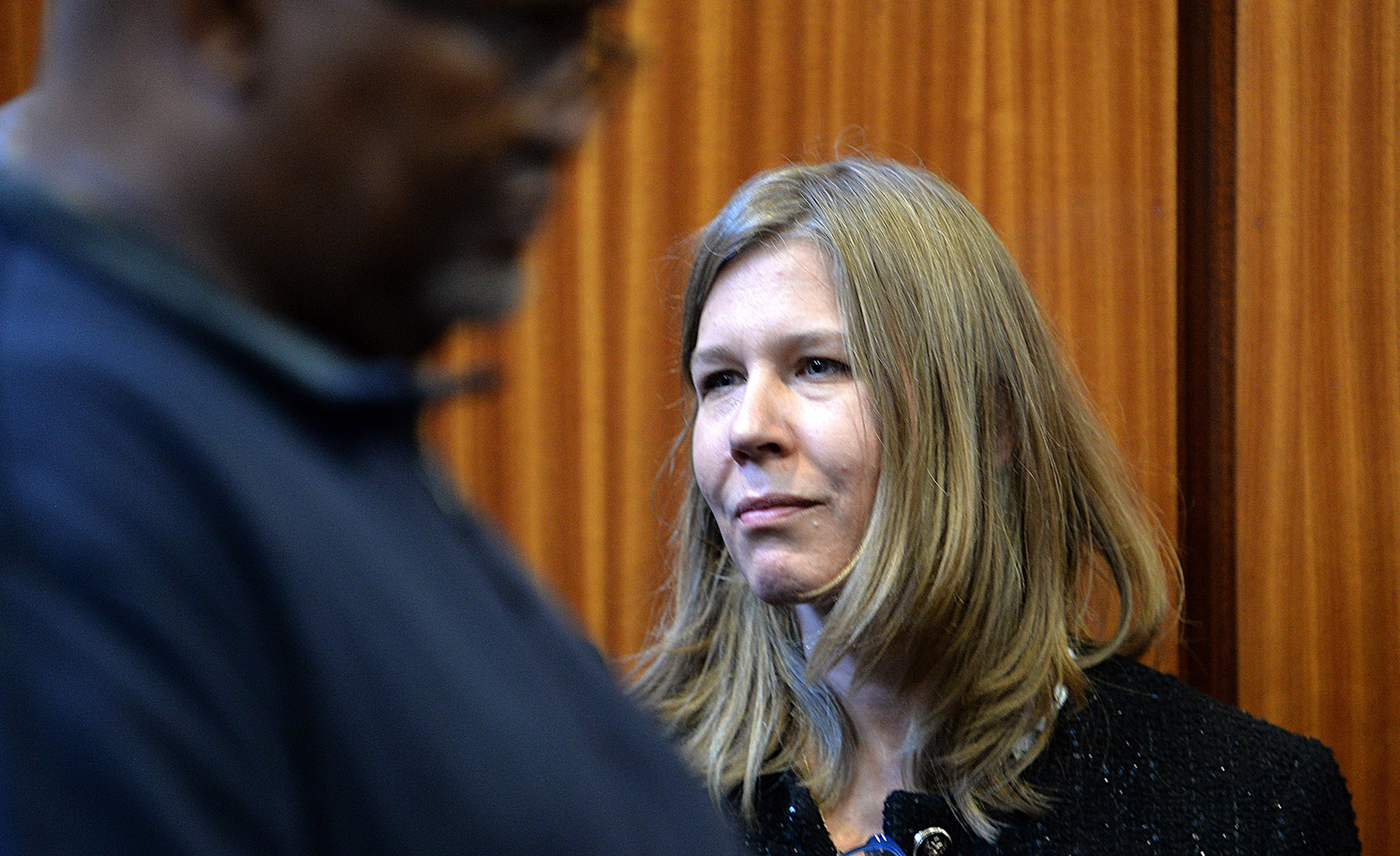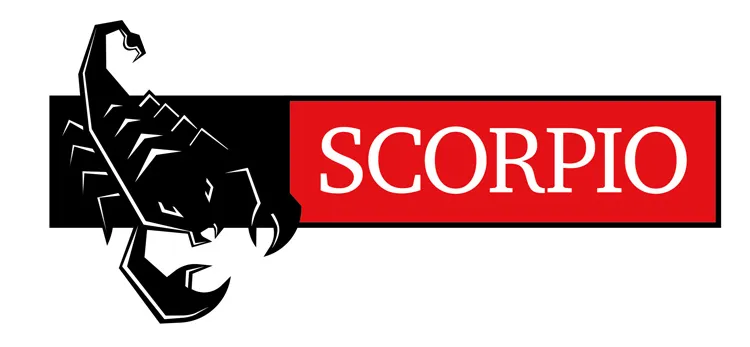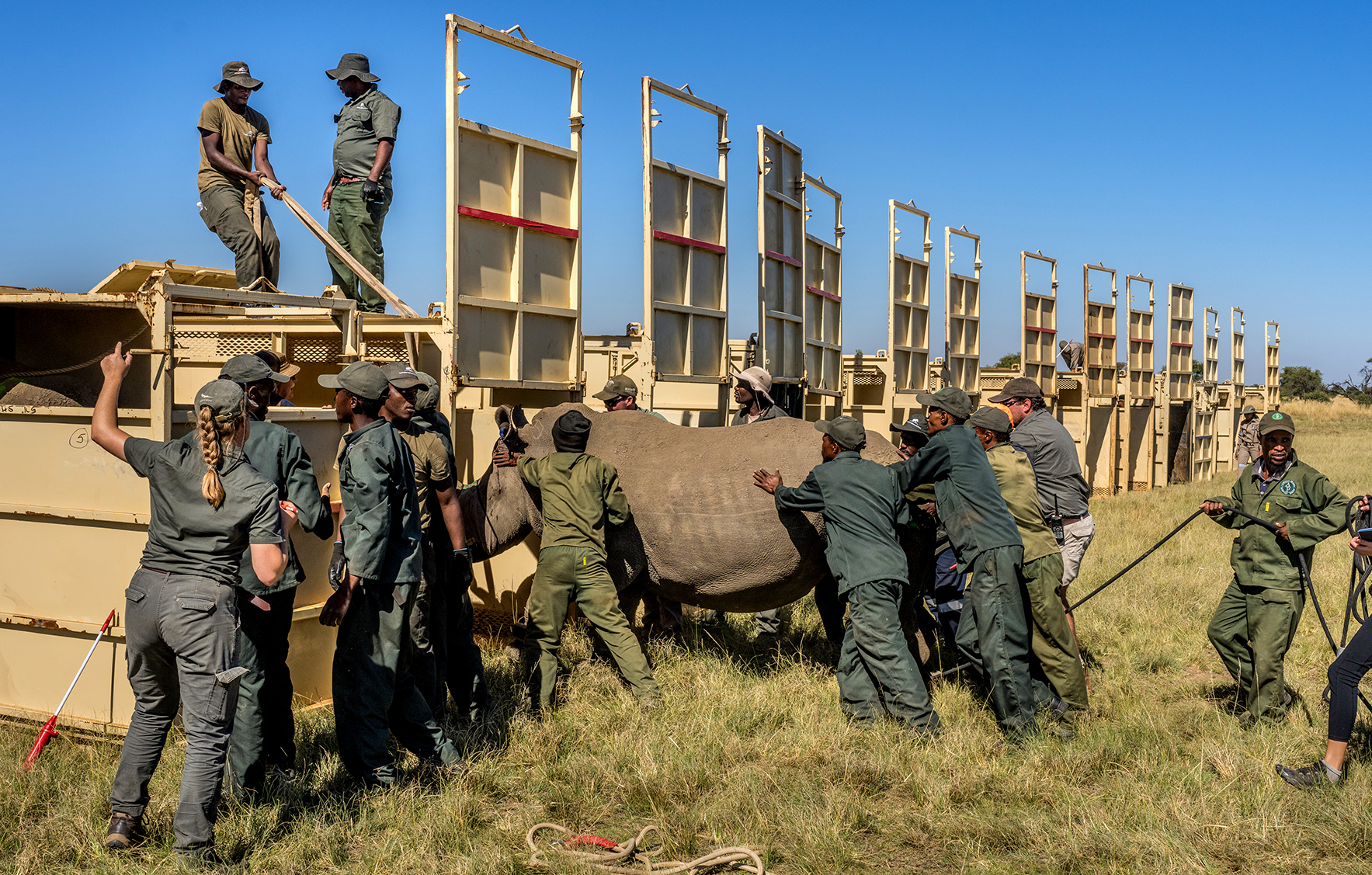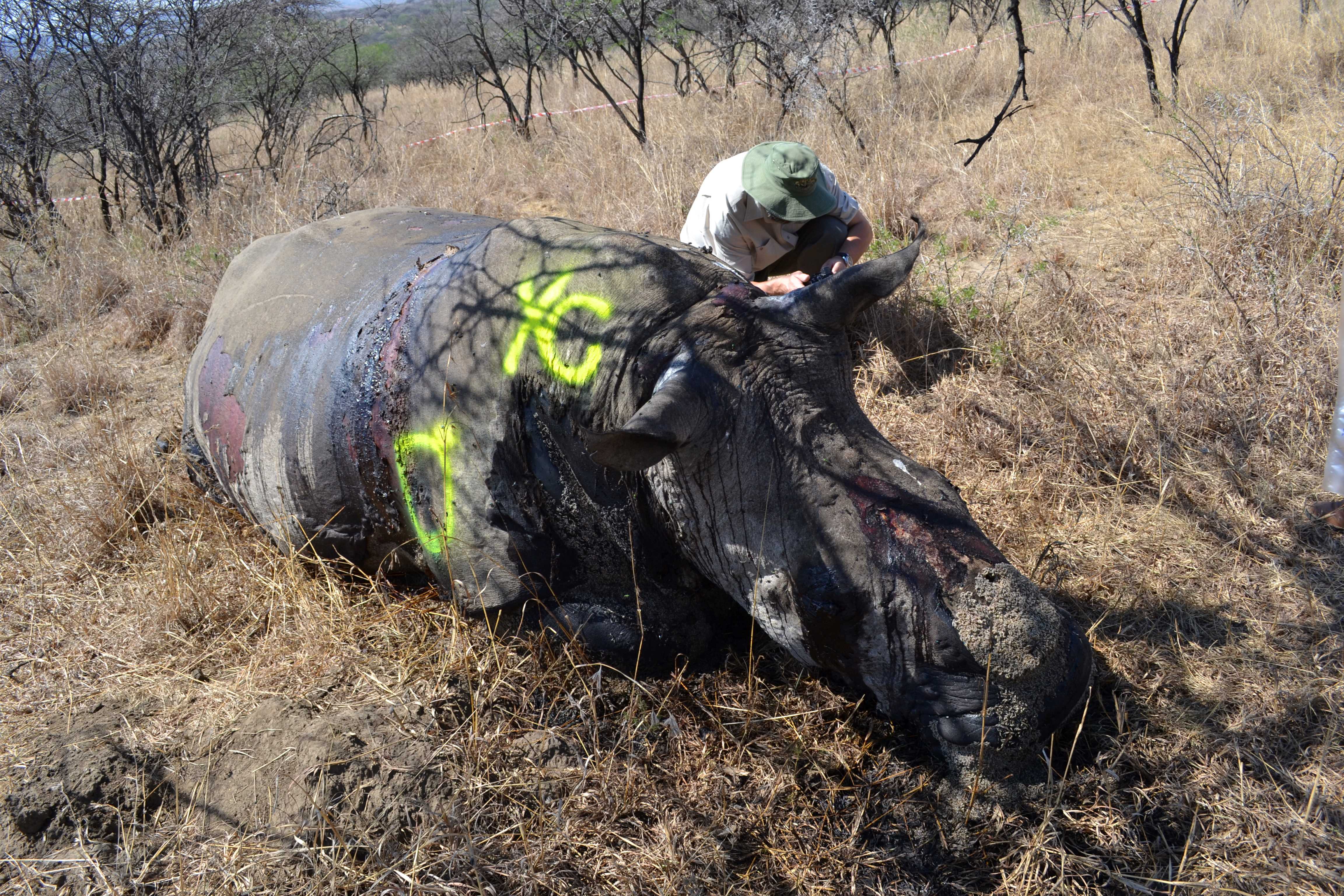In two more twists in the ongoing saga at the University of Fort Hare, the South African Local Government Association has withdrawn its nominee on the university council, and Higher Education Minister Blade Nzimande has peremptorily summoned the entire university council to a meeting in Johannesburg on Thursday, 23 May — even though the university’s vice-chancellor is not in SA at present.
In 2017, before he became premier, Oscar Mabuyane, then the Eastern Cape chairperson of the ANC, was ostensibly working on a thesis for a master’s degree (an MAdmin) titled A Critical Analysis of the Application of the Inter-Governmental Relations Policy: The Case of Two Eastern Cape Government Departments.
In 2019, Horizon Forensics started a wide-ranging investigation into the ongoing situation at the University of Fort Hare. Mabuyane was by then the premier of the Eastern Cape.
In their investigation, the forensic lawyers called Mabuyane “the Big Student”.
When, in October 2020, a senior manager at the university expressed her concern that Mabuyane was registered for a master’s degree in Public Administration without meeting the minimum academic requirements for entry, namely an honours degree, it raised a flag for the university. This led to his deregistration.
Horizon Forensics, however, was only commissioned by the university to investigate Mabuyane six months later and played no part in the decision to deregister Mabuyane.
Horizon Forensics’ director, Sarah Burger, found that Mabuyane had no application for recognition of prior learning on file with the university to bridge the academic gap.
Mabuyane’s supervisor was Professor Edwin Ijeoma. He resigned from the university after evidence was led against him at his disciplinary hearing that he had effectively defrauded the university of approximately R4.8-million. He was later arrested on a charge that he stole one of the university’s fleet vehicles, but this charge was withdrawn because of insufficient evidence.
Mabuyane’s proposal
According to a forensic report on Mabuyane’s thesis, there were allegations that Ijeoma was involved in the irregular registration of students and that the university had awarded them degrees in questionable circumstances.
In their report, investigators said they found numerous emails and hard-copy documents that suggested serious irregularities in Mabuyane’s registration. Electronic files were subjected to metadata analysis, which allows digital or computer forensic investigators to understand the history of a particular electronic file, including when the file was created, modified and accessed.
The evidence against Mabuyane was compiled from documents found in the offices of Ijeoma and his assistant, Candyce Dawes.
“What we have discovered in assessing the available evidence is deeply tragic and adds further credence to the university’s decision to deregister Mabuyane, albeit from a completely different angle,” the report detailing the “Big Student” investigation reads.
An email thread that began on 17 April 2018 asked Mabuyane to choose a topic for his MAdmin dissertation from two options provided by Ijeoma, but he could also choose his own topic.
Number two on this list was “An in-depth analysis of the application of the IGR Policy: The case of the Eastern Cape Government ( 2010-2015)”.
On 17 July 2018, a postdoctoral student in Ijeoma’s department sent Mabuyane a proposal titled “An in-depth analysis of the application of the IGR Policy: The case of two Eastern Cape Government Departments (2010-2015)”.
In October, Ijeoma asked Mabuyane to “complete” the proposal “as discussed”.
Many emails followed.

Horizon owner Bradley Conradie appears in the Dimbaza Magistrates’ Court in the Eastern Cape. (Photo: Deon Ferreira)
In her report, Burger said metadata on the proposal sent by Mabuyane showed its origin as the computer of one of the students in Ijeoma’s department.
The only differences were minor changes in the title, some paraphrasing and the addition of information.
Mabuyane presented his proposal to a departmental committee. Beforehand, he requested Ijeoma to point him to the relevant parts of the proposal as he “was in trouble”. After his presentation, Ijeoma congratulated him on a job well done.
A letter was found to motivate Mabuyane’s late registration for a PhD. This, Burger found, was generated from Dawes’ computer.
“All indications are that Mabuyane’s master’s proposal was a sham. It was conceived, authored and constantly refined by Ijeoma and his researchers. At most, Mabuyane titivated and paraphrased here and there.
“It is not possible for Mabuyane to claim innocence and argue that he did not know what was being done for him. The evidence against him is too compelling. It is clear … that several university employees were assisting Ijeoma and Mabuyane in their attempts to deceive the university into believing that Mabuyane was doing what was expected of him as a student, not to mention a master’s student. Appropriate action will need to be taken against them,” the forensic report by Horizon reads.
Mabuyane has filed a legal review application against the decision by the university to deregister him and the Horizon forensic report.
Horizon Forensics’ owner, Bradley Conradie, said he and Burger believed their arrests were linked to their handing over evidence relating to Mabuyane to the Hawks.
Other cases
Conradie said BCHC attorneys and Horizon Forensics were contracted in 2018 to investigate the goings-on at the University of Fort Hare.
They made a significant impact but were frustrated by the slow pace of law enforcement.
In an interview last week, Conradie and Burger said it was “incomprehensible” that out of about 20 cases they had referred to the SA Police Service over six years, complete with reports and detailed evidence, no arrests were made.
“At most, only two individuals were interviewed and arrested this year regarding a case from 2019,” they said.
Just before this year’s Easter weekend, they themselves were arrested.

Horizon director Sarah Burger in court. (Photo Deon Ferreira)
Successes at Fort Hare
Several criminal syndicates that had infiltrated the university, including Nigerian, local business, staff, student and politically connected syndicates, were exposed by Horizon Forensics’ investigations. About 40 employees were dismissed or resigned and 20 cases were sent to the Hawks.
Horizon Forensics drew up a comprehensive report detailing the corrupt networks operating within the institution, which formed the basis for a submission to the President in support of a proclamation that the Special Investigating Unit (SIU) intervene. Horizon Forensics brought the SIU to the university so it could use its powers to take investigations beyond what Horizon Forensics could do, such as accessing bank accounts.
Read more in Daily Maverick: Eastern Cape Premier Oscar Mabuyane asks court to exclude him from ‘malicious’ SIU Fort Hare probe
Read more in Daily Maverick: Eastern Cape premier Oscar Mabuyane wins interdict forcing SIU to back down, pending judicial review
As soon as the SIU started probing Mabuyane’s stint under Ijeoma, he approached the court to stop the probe, claiming that it fell outside the mandate given and signed by President Cyril Ramaphosa.
In February, a senior prosecutor and two captains from the Hawks in East London visited Horizon Forensics’ offices in Cape Town for three days. During this time, Burger provided a statement for a case in which she was to be a witness and assisted with two other high-profile cases. This was not unusual because they had shared information with law enforcement agencies for several years, including the Hawks, the SIU, the National Prosecuting Authority (NPA) and the National Task Force.

Security camera footage of the raid on Horizon’s offices showing heavily armed policemen guarding investigators. (Screengrab: Supplied)
Arrests
In what the pair described as “an unnecessarily dramatic show”, Burger and Conradie were arrested on 28 March by about 24 members of the National Task Force and the National Intervention Unit (NIU).
They were flown to East London in a private jet. Conradie estimates that the operation cost between R2-million and R3-million.
“As court officers, we could simply have been summoned to appear in court,” he said. “There was no need for this elaborate arrest.”
CCTV footage of the raid on Horizon Forensics’ offices shows most of the armed members of the arresting task team sitting on couches and scrolling on their phones.
Conradie said the search and seizure warrants used during this operation were “patently unlawful” and would be challenged in court. He said investigators spent seven hours seizing electronic devices and information at Horizon Forensics and even searched the fridge. Conradie and Burger believe investigators were looking for evidence in the Mabuyane case.
Conradie said he received information from an NIU member that the instructions for the extreme measures taken during his arrest originated “from Pretoria”. The team that arrested him was briefed that he was “dangerous, will resist arrest and has armed bodyguards. The officer concerned then commented: ‘Now all I see is a quiet and gentle man,’” Conradie said.
Read more in Daily Maverick: Fort Hare VC says alleged criminal syndicate masterminds were connected before arriving at university
Burger spent five nights in holding cells before the State agreed to grant her bail. Conradie spent the Easter weekend behind bars and was told his bail application would be opposed. He spent another nine days in prison with people he described as hardened criminals before he was granted bail.
Conradie said that after the Easter weekend, his attorney, William Booth, offered R100,000 in bail. This was rejected on the basis that bail was opposed. Then, nine days later when the bail hearing took place, the State indicated that it did not oppose his bail and agreed to an amount of R50,000. This meant that he spent nine additional days in prison for no reason, Conradie said.
Now he and Burger are sharing the dock with former employees and associates of the University of Fort Hare on an allegation that they had “all run and were part of a criminal enterprise”.
But they only knew a few of their co-accused and had investigated some of them.
Some charges against them, formulated in terms of the Prevention of Organised Crime Act, were dropped because the prosecutor did not obtain permission from the National Director of Public Prosecutions as required by law.
Warnings
Burger said that towards the end of 2023, Conradie, in her presence, received a telephonic warning from senior law enforcement officials that he was being targeted politically and a decision had been made to “deal with him”.
Conradie consulted the lawyer John Riley, who advised him to take the threat seriously, given his and Burger’s work at Fort Hare. The Hawks, the SIU and the NPA also warned them, on separate occasions, that their lives were in danger given the evidence they had gathered against a diverse range of people.
“You know,” Conradie said, “our position after the assassination of Mr Petrus Roets was that we would meet with law enforcement anywhere but in East London.” At the time of his murder, Roets — who was the fleet manager at the university — was working with Horizon Forensics to identify corrupt employees in his department at the university.
In 2022, Conradie and Burger were urged to attend a meeting at the SIU’s offices in East London and reluctantly agreed. At a traffic light, their car was rushed by four men, one of whom brandished a pistol. They managed to speed off unharmed. The incident was later described as “a robbery that had gone wrong”.
Discredit
Conradie and Burger believe their arrests are an attempt to discredit them.
“In any functioning democracy, the university could go to their local police station and complain about possible fraud and corruption. The police would do what is necessary — investigate and arrest after following due process.
“Not in South Africa. This work has to be done by private forensic companies and even after it is done, the police do not follow it up despite all the evidence already gathered and prepared for trial,” Conradie said.
A few weeks before Burger and Conradie were arrested, former University of Fort Hare residence manager Thobeka Portia Heshula (68), her son Ngcwengo Collin Uhuru Heshula (41) and his company, Heshula Solutions, appeared in the Alice Magistrates’ Court facing 53 counts of fraud, amounting to more than R1.5-million, and forgery and uttering.
The charges related to the awarding of tenders to the son’s company by the mother as the official responsible for appointing service providers and authorising payments to those service providers.
They were each released on bail of R1,000.
Conradie said that before their arrest, he and Burger were in a civil court helping the SIU to reclaim the money the university lost in the Heshula matter.
Burger was supposed to be a witness in the civil and criminal cases.
It is alleged that Thobeka Heshula, who has since retired from Fort Hare, had firsthand knowledge of tenders and contracts that the university needed to procure. Ngcwengo Heshula allegedly generated three quotations on his mother’s advice, creating the misrepresentation that they were from three separate entities. These quotations were allegedly issued under fictitious or fronting entities’ names.
This scheme ensured that Heshula Solutions, or entities with ties to it, would be appointed as the university’s favoured service provider. The two accused also allegedly authorised payments of invoices submitted by alleged entities for services not rendered. An internal investigation by the university uncovered the alleged scheme and the Heshulas have, after civil proceedings in the Makhanda High Court, paid back the money with interest, totalling R2-million.
Burger said that after Isaac Plaatjies, the axed senior director at Fort Hare, was arrested this year on fraud and corruption charges, they decided to no longer work for the university.
Read more in Daily Maverick: University of Fort Hare’s head of investigations arrested for murder and attempted murder
Read more in Daily Maverick: Criminal enterprise at Fort Hare created an atmosphere of terror for kick-backs
“The university is rotten to the core. We wanted to give up on them several times before. They were just draining us,” Conradie said.
“I also want to point out that we benefited nothing from this. The university did not pay us on time. We committed our lives to this and are now treated like dirt.”
Discussing his relationship with Plaatjies, Conradie said: “Before 2020, I had never met or heard of Isaac Plaatjies. Till today, I do not know any personal details about him. I do not know where he lives, the name of his wife and how many children he has. When I met him, he was a contractor at the university on a month-to-month basis. He had no position and no budget. By then, we had been providing services to the university since 2018.
“In December 2020, my previous partner of seven years, who ran the day-to-day operations at Horizon Forensics, suddenly announced he was leaving the country. An urgent replacement was required and Isaac Plaatjies, given his go-getter skills, was a consideration, among several other people in the forensic industry.

Heavily armed agents entering Horizon’s offices. (Sreengrab: Supplied)
“In the end, I offered Isaac Plaatjies my former partner’s shareholding (49%) and salary, which he accepted.
“I subsequently reneged on the agreement for reasons I won’t go into now, and we reached a financial settlement. That he was joining me was known to the university in January 2021 and subsequent disclosures were made.
“Had the police followed the most basic step of investigating a matter, they would have approached me and asked me for an explanation about my relationship with Isaac Plaatjies and any payments to him. I would have explained it to them with supporting evidence. They did not do so, and till today, they have not asked me for an explanation.”
Also, read in Daily Maverick: University of Fort Hare VC’s roller-coaster ride for justice in face of murder and criminal syndicates
Conradie and Burger appeared along with their co-accused in the Dimbaza Magistrates’ Court last month. The matter was adjourned to September “for further investigation”.
Mabuyane’s response
Mabuyane’s spokesperson, Yanga Funani, promised to provide us with answers to a wide range of questions but has not yet done so.
However, Mabuyane did share some information in court papers when he interdicted the SIU from questioning him and searching his office and house.
In his affidavit, he said he “supports an investigation into corruption and maladministration at the university”. He added, “There seems to be a malicious plan to cause me damage.”
Mabuyane objected to the investigations being run in the media and the use of “draconian” and “unfairly oppressive” measures.
“I never claimed that I have an honours academic qualification or its equivalence,” Mabuyane said.
One of the documents that the SIU sought from Mabuyane was “an original copy of your proposal which is a requirement for study towards a master’s degree by research”.
Mabuyane claimed he “intends to produce this in a lawful investigation”.
The court ordered a halt to the SIU investigation into Mabuyane but said the proclamation that mandated its Fort Hare investigation could be amended. In April, Justice Minister Ronald Lamola said this amended proclamation had been submitted in July 2023 but was still being “processed”.
Mabuyane also instituted a review of the decision to deregister him from the MAdmin course and of the Horizon Forensics report into his thesis. In these court documents, he denied using ghostwriters to write his thesis.
Vice-chancellor’s affidavit
In an affidavit, Fort Hare Vice-Chancellor Sakhela Buhlungu supported the university’s opposition to Mabuyane’s review applications.
He stated that the Horizon Forensics report was never submitted to the university’s Senate and played no role in the decision to deregister Mabuyane. He said Mabuyane should not have registered in the first place as he was “in flagrant breach” of admission requirements for an MAdmin degree (he didn’t have an honours degree).
The university’s counsel, Ncumisa Mayosi and Eshed Cohen, wrote in their heads of argument filed at the court that Mabuyane took so long to review the decision to deregister him that his case should fail on those grounds alone. They argued that the fact that he did not have the requisite qualifications to register for an MAdmin degree should be the end of the matter.
NPA comment
The spokesperson for the Eastern Cape NPA, Luxolo Tyali, said the case against Conradie and Burger was in court because the NPA had evidence linking them to crimes.
“If they have evidence of political motivation, they can make representations to the Director of Public Prosecutions or escalate it to the National Director of Public Prosecutions. The separate case being investigated by the Hawks on allegations against Oscar Mabuyane can be best answered by the Hawks.”
Tyali said the case of theft against Ijeoma was withdrawn due to a lack of credible evidence. “I am not aware of the fraud/corruption case. Maybe it is still with the Hawks.”
The Hawks have not yet responded to a request for comment.
Salga withdraws from Fort Hare Council
Last week, the South African Local Government Association (Salga), which nominates a council member for the University of Fort Hare, “temporarily withdrew” its council member.
In a letter written by Salga’s Eastern Cape chairperson, Mesuli Ngqondwana, the organisation stated that while it remained committed “to continuing to play a meaningful role in enhancing the developmental mandate of the university, after careful consideration, the provincial leadership of Salga has decided to suspend its participation from the university council [to give] the institution an opportunity to address both its council and administrative challenges and significantly reduce prospects of finding our organisation being involved in the intricacies of the foregoing.
“As the leadership of Salga, we wish to reiterate our commitment to continue playing this important role and therefore look forward to lifting this suspension as soon as both leadership and administrative stability prevail within the university.”
Buhlungu denied that there was a governance crisis at the university.
Compulsory in-person meeting
On 14 May, Nzimande sent a letter to the chairperson of the Fort Hare Council, Professor Lungisile Ntsebeza, ordering an “in-person” meeting with the full council on Thursday, 23 May at the Southern Sun Hotel at OR Tambo International Airport in Johannesburg.
The minister stipulated that no virtual attendance would be allowed.
He expressed his “deep concern” about the university’s stability, functionality, accountability and reputation.
He asked for information about the vetting procedure followed before the appointment of Plaatjies as the university’s director of vetting and investigation. He also asked for an explanation of how those arrested in the corruption case worked under the vice-chancellor’s watch.
Another of the accused in the corruption case is Paul Tladi, the university’s human resources director, and the minister asked what impact his arrest and subsequent dismissal would have on disciplinary action taken at the university.
“It is clear to me that the minister wants to get rid of me,” Buhlungu said. He said there were no administrative challenges at the university.
Sources at the university said Nzimande had asked a former professor at the institution to take over as administrator.
Buhlungu said he was in Sweden at a global vice-chancellors’ conference and it would be extremely difficult for the council members to attend a meeting on such short notice. “It will also come at a huge expense for the university,” he said.
Nzimande’s spokesperson, Ishmael Mnisi, has not yet responded to a request for comment. DM







 Share
Share



































These hit men are the scum of SA. The ANC no doubt has a hand in many of these hits (particularly in KZN) as they cling to power by all means possible. Fikile Mbalula was blatantly on the side of the Taxi gangsters in the Cape, refusing to take action against them in their attacks on the long distance bus companies who had requested help many times. Mbalula was ably assisted by minister of police Bheki Cele who also displayed a lack of interest apart from his rank incompetence in fighting crime. He and other corrupt cabinet ministers are protected by Cyril Ramaphosa in return for support.
A gangster state run by a gangster political party. Only 10 years ago the press continuously warned of the damage Zuma would do to law and order as he normalised gangsterism in his party, habitually hung out with gang leaders and taxi bosses (which are often the same thing), acted with impunity, gave the country the middle finger whenever he was interviewed (literally flipping the bird as he “adjusted his glasses”), and gutted our law enforcement capacity through the cynical deployment of crooks and incompetents.
Now we all get to live under the conditions the Zuma clan and its cronies created. And until we boot the criminal syndicate masquerading as a political party out of public office, this situation will only worsen.